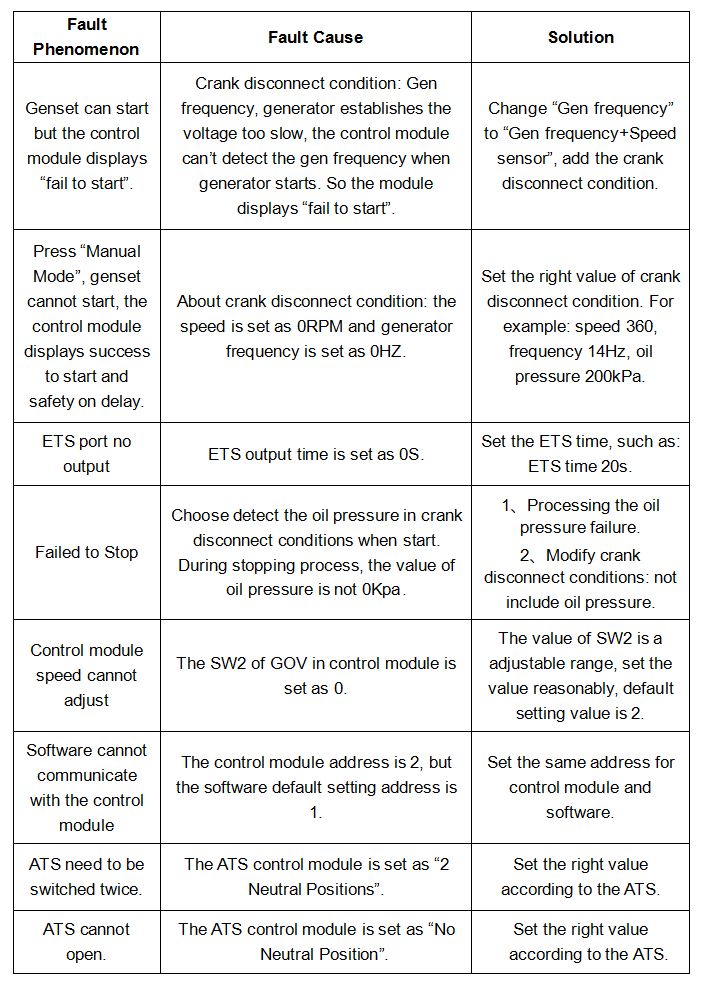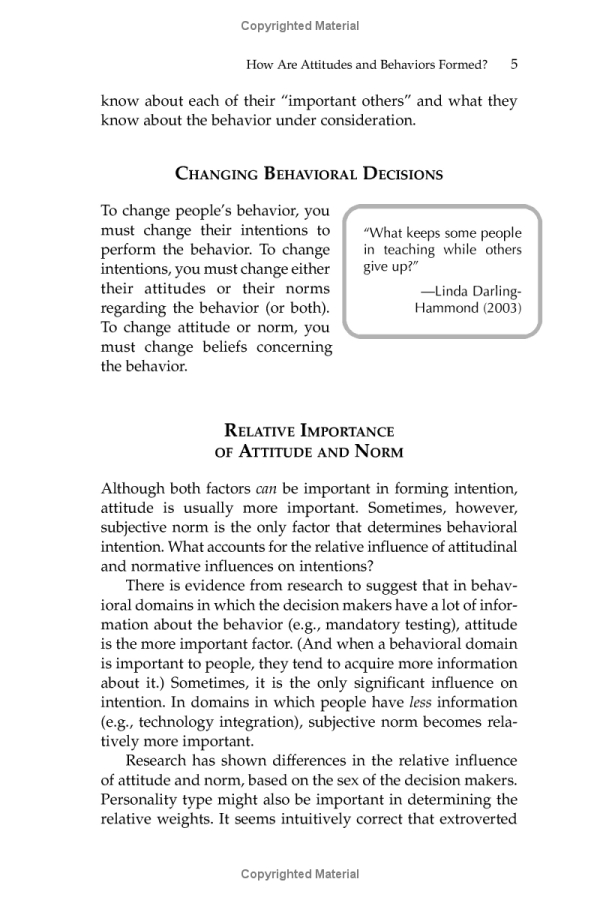Understanding What's the Difference Between FHA Loan and Conventional Loan: A Comprehensive Guide for Homebuyers
#### Translation: What's the difference between FHA loan and conventional loan---When it comes to financing a home, many potential buyers find themselves as……
#### Translation: What's the difference between FHA loan and conventional loan
---
When it comes to financing a home, many potential buyers find themselves asking, "What's the difference between FHA loan and conventional loan?" This question is crucial as it can significantly impact your home buying experience and financial future. In this article, we will explore the key differences between these two types of loans, helping you make an informed decision.
#### What is an FHA Loan?
An FHA loan is a mortgage insured by the Federal Housing Administration (FHA), designed to help lower-income and first-time homebuyers qualify for a loan. FHA loans are known for their lower credit score requirements, allowing borrowers with scores as low as 580 to qualify with a down payment of just 3.5%. Even those with scores between 500 and 579 can qualify, but they will need to make a larger down payment of 10%.

#### What is a Conventional Loan?
On the other hand, a conventional loan is not insured or guaranteed by any government agency. Instead, these loans are offered by private lenders and can be either conforming (meeting the guidelines set by Fannie Mae or Freddie Mac) or non-conforming. Conventional loans typically require a higher credit score, usually around 620 or higher, and a down payment of at least 3% to 20%, depending on the lender and the loan type.
#### Key Differences
1. **Credit Score Requirements**: One of the most significant differences is the credit score requirement. As mentioned, FHA loans can accommodate lower credit scores, making them accessible to a broader range of borrowers. In contrast, conventional loans typically necessitate a higher score.

2. **Down Payment**: FHA loans allow for a lower down payment of 3.5%, while conventional loans might require a larger down payment, especially if the borrower has a lower credit score. However, if you can make a down payment of 20% or more on a conventional loan, you can avoid private mortgage insurance (PMI).
3. **Mortgage Insurance**: FHA loans come with mandatory mortgage insurance premiums (MIP) that last for the life of the loan, which can increase your monthly payments. Conventional loans, however, only require PMI if the down payment is less than 20%, and once you reach 20% equity in your home, you can request to have it removed.
4. **Loan Limits**: FHA loans have specific limits based on the county in which you are purchasing a home, which can restrict your options in higher-cost areas. Conventional loans also have limits, but they tend to be higher in many regions.
5. **Property Requirements**: FHA loans have stricter property condition requirements to ensure the home is safe and livable. Conventional loans may be less stringent, allowing for a broader range of properties.

#### Conclusion
In summary, understanding what's the difference between FHA loan and conventional loan is vital for any prospective homebuyer. FHA loans offer accessibility for those with lower credit scores and smaller down payments, while conventional loans may provide more flexibility and potentially lower overall costs for those who qualify. It's essential to assess your financial situation, credit score, and homeownership goals before choosing the right loan type for your needs. Consulting with a mortgage professional can also provide personalized insights and help you navigate the complexities of home financing.